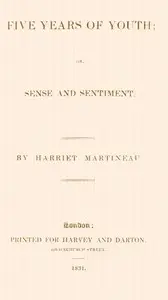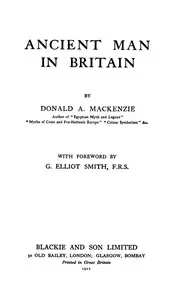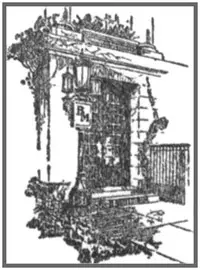"Retrospect of Western Travel, Volume 2 (of 2)" by Harriet Martineau is a travel narrative written in the early 19th century. This volume recounts the author's observations and experiences as she travels through various regions of the American West, detailing the people, landscapes, and social issues she encounters. The book serves as both a personal account of her journey and a commentary on the cultural and political climate of the time. The opening of the narrative details Martineau's embarkation on a voyage along the Mississippi River aboard the steamboat "Henry Clay." As the vessel prepares to depart New Orleans, she introduces a colorful array of fellow passengers and describes the concerns of safety associated with river travel at that time. Through vivid descriptions, Martineau paints a scene filled with both the beauty of the southern landscapes and the grim realities of life along the river, touching upon themes of mortality and the impact of disease, as evidenced by the news of cholera cases in the area. This opening portion sets the tone for an exploration of both the physical journey of travel and the deeper societal observations that will unfold throughout the book. (This is an automatically generated summary.)

Retrospect of Western Travel, Volume 2 (of 2)
By Harriet Martineau
"Retrospect of Western Travel, Volume 2 (of 2)" by Harriet Martineau is a travel narrative written in the early 19th century. This volume recounts the...
Harriet Martineau was an English social theorist. She wrote from a sociological, holistic, religious and feminine angle, translated works by Auguste Comte, and, rarely for a woman writer at the time, earned enough to support herself. The young Princess Victoria enjoyed her work and invited her to her 1838 coronation. Martineau advised "a focus on all [society's] aspects, including key political, religious, and social institutions". She applied thorough analysis to women's status under men. The novelist Margaret Oliphant called her "a born lecturer and politician... less distinctively affected by her sex than perhaps any other, male or female, of her generation."


















